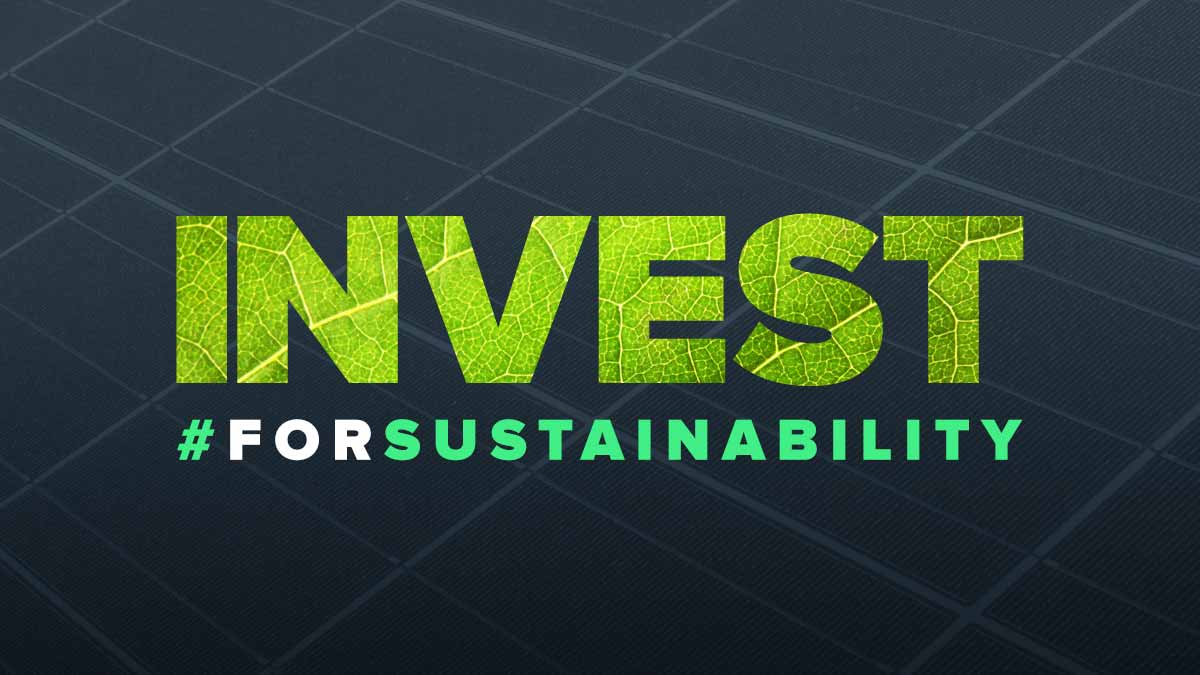Sustainability in the charitable sector – is social investment the answer?
The issue of sustainability for the charitable sector takes many guises, including in the way in which charities invest funds, but also in the activities which charities undertake and, by implication, fund. Sustainability as a theme can be observed through a number of different lenses and I deal below with the investment of funds and charitable activities in this context.
Charity Investment
Charities with funds under investment can consider sustainability in relation to the management of their investments. That said, the discretion of charity trustees is not unfettered. The Bishop of Oxford case set the basis for this in 1992 and, broadly speaking, remains good law. The Bishop of Oxford brought an action against the Church Commissioners requesting that they be prevented from investing Church monies in activities which were incompatible with the promotion of the Christian faith through the Church of England. It was held that charities are required to maximize their assets unless to do so would hinder the charity from pursuing its purposes or discourage future donors from giving to the charity. To that extent, trustees cannot accommodate divergent views on moral questions if to do so would involve a risk of significant financial detriment to the charity’s funds.
The impact of the case was felt in several ways. It resulted in a number of charities being able to exclude certain asset classes from their portfolios – for example, cancer charities could exclude tobacco shares or charities conserving the environment could exclude oil and gas equities. In those cases, it would have been acceptable for those charities to receive lower investment returns (although in practice, investment performance was not necessarily affected) on the basis that the nature of the charity's work conflicted with investments of that nature. The case also resulted in the growth of ethical investment as an investment class in itself, enabling a charity (either through positive or negative screening) to exclude certain asset classes entirely without any adverse effect on returns. This creates a win-win situation where the charity can ease donor concerns without jeopardizing financial returns.
Directors of corporate charities are now also subject to a number of duties set out in the Companies Act 2006. This includes a duty to have regard to the impact of the company's operations on the community and the environment and to consider the desirability of the company maintaining a reputation for high standards of business.
Looking to the future, climate change may enable more charities to exclude certain asset classes, on the basis that the impact of climate change is likely to be experienced by large numbers of people globally and to have a proportionately greater adverse impact on poor people. To that extent, climate change may be more likely to hinder a charity from pursuing its purposes and, therefore, more likely to fall within the Bishop of Oxford criteria. The other issue which is becoming more relevant over time is the fact that environmental, social and governance issues have assumed a greater role in modern business, such that businesses operating with low standards in these areas may find themselves subject to adverse financial performance. To that extent, the polarisation of ethical considerations and profit on which the Bishop of Oxford case rested may become less and less relevant.
Charitable activities
While charities are able (in part) to prioritise issues relating to ethics and sustainability through their investment portfolios, almost all charities wish to do so through their day-to-day work. In recent years, it has became apparent to many charities, particularly grant-makers, that a combination of increasing demand for charity services coupled with decreasing donations requires charity trustees to do more to ensure that their funds stretch. To that extent, loans and investments (as opposed to grants) are increasingly seen as a way of ensuring sustainability within the charitable sector itself, and in the work of an individual charity.
The (relatively recent) concept of social investment addresses many of these issues. Its use by charities was formally authorised in the Charities (Protection and Social Investment Act 2016 (the “Act”) which provides a statutory power to make social investments. The Act defines a social investment as an act of a charity carried out with a view to directly furthering the charity’s purposes and achieving a financial return. Broadly speaking, social investment will cover activities which (1) constitute an investment, for example, loans, subscriptions for shares, investment in bonds; and (2) further a charitable purpose. A social investment is distinct from a financial investment in the sense that its sole purpose is not to achieve a financial return for the charity. Examples of social investments by a charity might include:
- A subscription for shares in a community interest company providing travel assistance to elderly people.
- A loan to a company providing microfinance to women starting small businesses.
- Loans to a tech for good entity, for example, entities involved in the provision of IT skills to people in need.
- Investment in social impact bonds or climate bonds.
In making social investments, charities will need to be aware of a number of issues:
- The social investment must further a charitable purpose which also falls within the charity’s objects. Therefore, a charity established to relieve poverty cannot make a social investment that is intended to advance health.
- The trustees must assess the social investment before making it, including consideration of the duration of the investment, the risks associated with it and how performance of the social investment will be measured, assessed and monitored.
- Private benefit must be managed. Private benefit is, typically, benefit arising to individuals or commercial operators as a result of the use of a charity’s funds, and can include remuneration, dividends or other financial benefits. When a charity makes a grant of funds, private benefit must be no more than incidental. However, the Commission's guidance on private benefit in the context of social investments is more flexible and stipulates that it be ‘necessary in the circumstances, reasonable in amount and in the interests of the charity’. To that extent, private benefit will need to be considered on a case by case basis. Practically speaking, it will be easier to justify social investments made to entities which are not entirely profit-making e.g. charitable entities, community interest companies, B-corporations and other entities which do not distribute all their assets to shareholders.
Social Investment Tax Relief
While the current statutory scheme relating to social investment by charities is flexible, in situations where the ultimate donor is an individual, use of one of the applicable tax reliefs available to individuals who make social investments should be considered. In certain circumstances it may be easier and more tax effective for an individual to use the available tax reliefs on a social investment made by him or her rather than one available where the social investment is made and funded by a charity (to which the individual has made a prior Gift Aid donation). Social investment tax relief ("SITR") is an example of such a relief. Introduced in 2014, this relief is available to individuals who make an investment in shares or debt in a charity or another qualifying UK social enterprise, for example, a community interest company or a community benefit society. A social enterprise can raise up to £1.5 million under SITR over its lifetime. An individual can invest up to £1 million in each tax year under SITR. The relief allows the investor to deduct 30% of the amount of the investment from his or her income tax and can also provide CGT relief and, in certain circumstances, inheritance tax relief. Broadly speaking the investment must be held for three years.
SITR has had less take-up than anticipated, partly because the maximum investment is limited and also because certain business activities are excluded. To that extent, it is important that policy makers devote time to the development of targeted tax reliefs for investment in social enterprises.
Looking to the future
As discussed, over the last few years, the societal shift towards a requirement for businesses to place ESG factors at the forefront of their planning has made it easier for charities also to take such factors into account when making investments, whether social or otherwise.
This trend is likely to be accelerated by the current global pandemic, especially given that governments worldwide have expressed commitment to a 'green recovery'. As such, the business and investment environment generally is moving towards an almost mandatory focus on ESG and sustainability factors. This momentum, coupled with tax reliefs and other targeted government encouragement, should be hugely beneficial to charities seeking to focus in this area.
For advice on any of the points raised in this article, please contact Neasa Coen, Counsel in the Charities team or your usual Forsters contact.
A PDF copy of the article above is also available to download here.
Sustainable Investments – a guide for trustees and family offices
As we move towards a period of post-lockdown global recovery, many wealthy individuals and families will be looking at how they can use their wealth to contribute to a more sustainable future for the benefit of their own families and others.
The Life Cycle of Family Wealth
From growing a business to starting a family or handing over control of that business to the next generation, every individual has their own goals to aspire to. Our Private Wealth lawyers advise our clients throughout this family life cycle, providing the legal advice required for specific transactions such as purchasing a home or selling a business, whilst also advising on the long-term opportunities for succession and estate planning.



